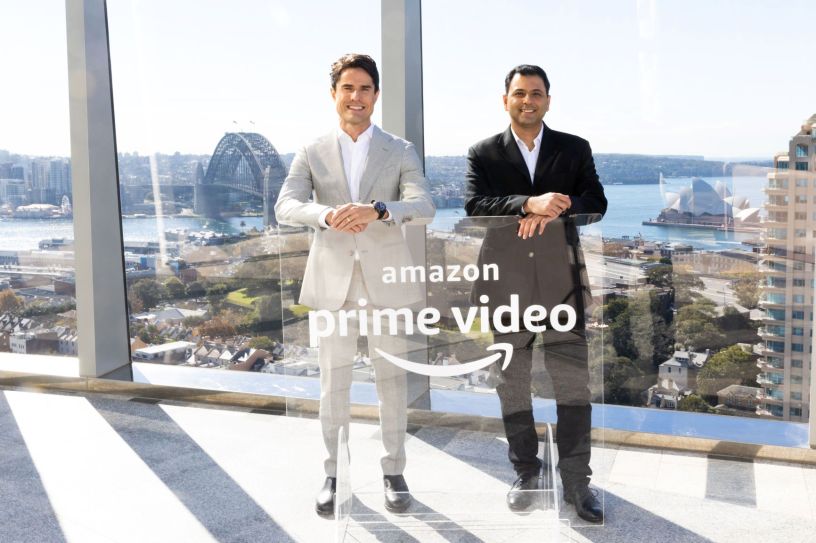Nine-owned streaming service Stan and Amazon Prime Video believe the proposed SVOD and AVOD content quotas outlined in the Federal Government’s media reform green paper may carry unintended consequences, such as placing further pressure on production resources and curtailing diversity in the sector.
But they are at odds as to what shape regulation of the sector should take, with Prime Video’s submission to the paper urging the government to reconsider the exemption for platforms held by companies that already have a broadcasting license – like Stan – which it says would create an “unlevel playing field”.
It comes after Amazon announced seven new Australian Original productions last month, bringing its total local spend to $150 million across 14 commissions since 2019, during which it says more than 2,500 jobs have been created.
Prime Video Australia head Hushidar Kharas said in the submission that while Amazon shared the common objective of “promoting and celebrating Australian content among as wide an audience as possible”, the “sustained and significant change underway in the sector” meant the best way to achieve this was unclear.
“We believe that continued flexibility remains important and prescriptive
obligations could have unintended consequences,” he wrote.
“As such, we reiterate our view that any regulatory interventions at this early stage should be appropriately limited and cautious so as not to impact adversely on Australian consumers or the evolution of diverse business models that are serving their needs.
“If in several years’ time there is a problem with the levels of investment, then some action may be necessary. However, at present we do not believe the data shows a lack of investment in Australian content and Australian production capacity by the sector.”
Stan also highlighted its commitment to Australian content in its submission, noting it commissioned productions with budgets that total more than $250 million.
The streamer, which plans to invest in more than 30 productions per year within five years, joined Prime Video in warning against mistimed government intervention, citing a possible further strain on resources.
“Due to the increase in demand for Australian production facilities and crew, these key resources are becoming harder to secure which is delaying many projects and driving up the costs of production,” it said.
“Exacerbating this issue for local commissioning platforms and broadcasters is one example of the myriad unintended consequences that are likely to arise from government intervention designed to accelerate the streaming sector’s investments into Australian content.
“This is a concerning issue because local media companies are best placed to tell Australian stories and any policy setting that undermined their ability to invest in such content would inevitably stem the cultural and economic benefits that flow from our local production industry.”
Going forward, Amazon Australia said it would support “the scope of relevant investments” in a model that was not limited to specific genres, while seeking clarification on whether the acquisitions referenced in the green paper include licensing Australian content both for Australian and overseas markets.
The company also argued the government should recognise its investment in filming international productions in Australia; procuring Australian pre and post production services; investment in skills and talent development in Australia; and investment in Australian production capacity.
In relation to exemptions for platforms held by companies that already have a broadcasting or subscription license, such as Nine’s Stan, Foxtel’s Binge or ViacomCBS’ Paramount+, Amazon Australia said the proposal had the potential to “distort” the sector.
For its part, Stan said the nature of content quotas made them difficult to apply to a sector where companies were contributing to Australian content and creative industries in vastly different ways.
“Content quotas were designed to regulate a fixed group of free-to-air television networks operating under the same business model,” the submission states.
“Yet streaming companies have vastly different business models with different operating margins and economics.
“Stan invests significantly in premium Australian productions, while an international company in the same sector invests in production capacity, skills, and development via studios and other infrastructure.”
View the Stan submission here and the Prime Video submission here.



